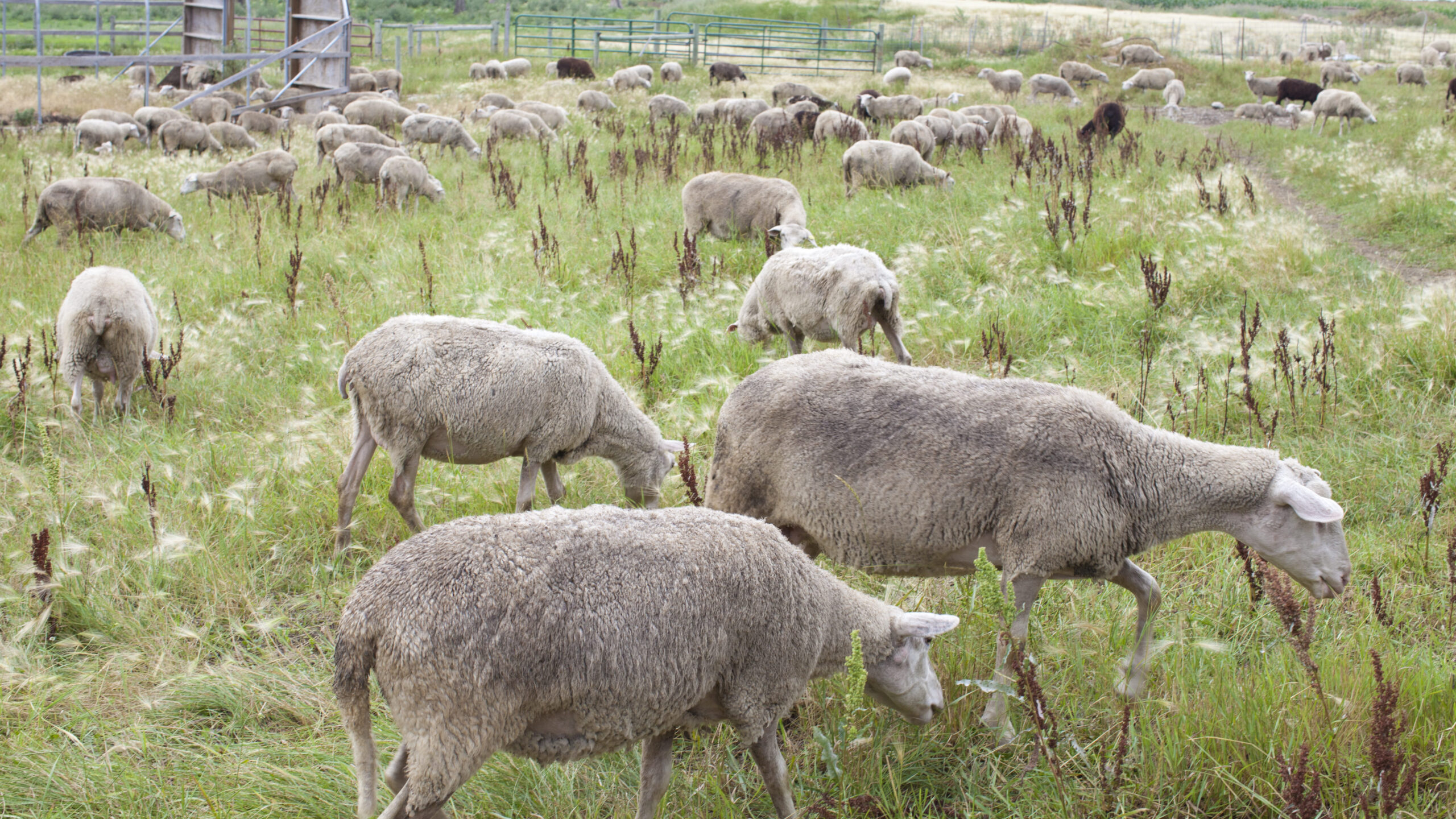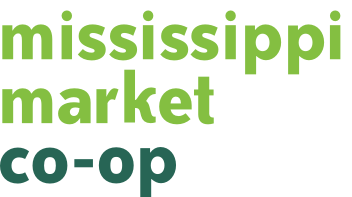
At Mississippi Market, we love good food. However, there’s plenty we don’t love about the world’s current conventional food and farming systems. It is important for people to know what isn’t working in our global food supply chain, from exploited banana farmers to genetically modified alfalfa.
The links below provide information about some of the issues we are actively working on through education, activism, and the sale of sustainably grown, humanely raised food to our valuable co-op shoppers.
Food and Farm Policy
Our food and agriculture policies are currently set up to promote the production of conventional corn and soy, primarily for fuel, animal feed (for ruminants who naturally prefer pasture), processed oils and high fructose corn syrup. The connections between agricultural policies and our nation’s health are clear and our Farm Bill, which is updated every four years, needs to reflect that. Visit Healthy Food Action for more information.
Genetically Modified Foods
Genetic modification is different from traditional plant and animal breeding. In this process, one organism’s DNA (from animal, plant, bacteria, etc.) is combined with another organism in a way that cannot occur in nature. The results? No one is completely sure. The risks involve introducing new allergens, endangering animal welfare, creating dependence on patented seeds and environmental contamination from GM pollen. And because GM foods are not required to be labeled in the US, most consumers have no idea when they are consuming them. In fact, it’s nearly impossible to avoid them completely unless eating a 100% organic diet. Even stores like ours cannot claim to be GM-free because of the lack of labeling requirements. For more information about GM foods and action you can take, visit the Non-GMO Project and the Non-GMO Shopping Guide. To join the co-op in support of mandatory labeling of GMOs, visit Just Label It.
Organic Standards
Co-ops across the country were instrumental in establishing strict rules for organic certification. As the organic food industry grows and changes, we must be diligent about keeping the standards high and the label trustworthy. Cornucopia Institute is a watchdog organization for organic and sustainable food issues that we follow and trust.
School Lunch Reform
Children deserve the healthiest foods we can provide, but most school lunches are far from nutritious or sustainable. In recent years educators, parents, children and even “renegade lunch ladies” have made progress with school gardens, salad bars and connecting local farmers with schools. For more information, visit Chef Ann Cooper’s blog or IATP’s Farm 2 School.
Reducing Waste
Our food supply is a huge contributor to the waste stream. We work to reduce our own stores’ consumption and recycle all food waste and packaging possible. By encouraging bulk food use and cooking our deli food from scratch, we further reduce our “waste footprint.” We also offer drop-off recycling for plastic bags/shrink wrap and food waste recycling in our deli seating areas. For answers to common questions about co-op recycling, see our recycling brochure or visit Eureka Recycling.
Farm Workers’ Rights
Labor standards and workers’ rights vary widely across the globe and many industries are known for exploiting disadvantaged workers and, in some cases, actually enslaving people. Protecting the rights and safety of food and farm workers is an important piece of a sustainable food system. For more information about this issue, see The Sustainable Table, Fair Trade USA or Fair Trade Federation.
Animal Welfare
Farm animals deserve to be treated respectfully and live in clean conditions that allow movement, fresh air, fresh water and food. These standards are important not just for the animals, but also for the environment at large and the humans who consume these animal products. Huge confined animal feed operations (CAFOs) pollute the water, soil and air with unmanaged waste and overcrowding. The animals suffer and so do the quality of foods.

